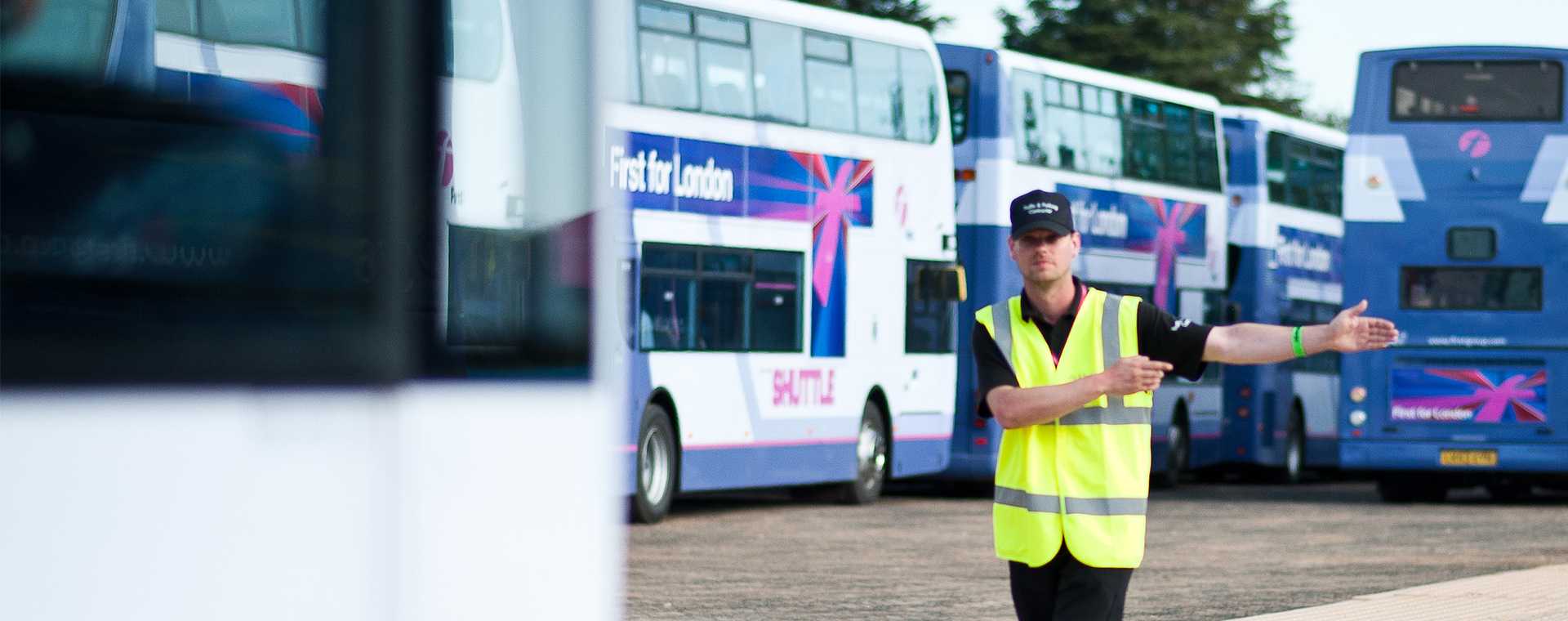Managing traffic during events is essential for safety and efficiency. From concerts to sports matches and large public gatherings, traffic control plays a critical role in enhancing the attendee experience. But what best practices make traffic management effective? And how can the right services support a successful event?
By implementing strategic planning and utilising technology, event organisers can minimise congestion and ensure safe access. Coordinating with local authorities further enhances the flow for both vehicles and pedestrians, creating a smoother experience overall.
Choosing Reliable Traffic Management Solutions
Selecting traffic management services is one of the most important steps in event planning. Managing a high volume of vehicles and pedestrians requires experienced professionals with specialised skills. A reliable service ensures that everything from entry points to parking and exits is well-coordinated.
Experienced providers work closely with event organisers to design transit plans tailored to the event’s size and location. They anticipate potential bottlenecks and create layouts that minimise delays. By managing every aspect of vehicle and pedestrian flow, these services help keep attendees safe and satisfied throughout the event.
Planning Routes and Entry Points for Smooth Flow
One of the keys to successful traffic control is planning routes and entry points carefully. With multiple ways to access an event, it’s important to direct traffic efficiently and reduce congestion. Marking clear routes and using visible signage can make a big difference in managing vehicle movement.
Event planners should consider using separate lanes for vehicles and pedestrians. This approach helps avoid accidents and confusion, particularly in crowded areas. Additionally, planning alternative routes can alleviate pressure on main entrances, ensuring smoother flow even during peak times.
Leveraging Technology for Real-Time Traffic Updates
Technology plays an invaluable role in modern traffic management. Real-time updates on transit flow can help organisers respond to unexpected issues swiftly. With mobile applications, social media, and GPS data, attendees can receive live updates on parking availability and alternative routes.
Using tools like traffic cameras and sensors allows organisers to monitor traffic patterns closely. If an area becomes congested, management teams can adjust signals or open additional lanes. This level of responsiveness ensures that guests spend less time waiting, creating a more enjoyable event experience.
Training Staff and Volunteers for Efficient Operations
Effective traffic control goes beyond planning; it requires well-trained staff and volunteers. Those responsible for guiding vehicles and managing crowds need a clear understanding of event logistics. Staff training should cover everything from handling high-traffic zones to using hand signals and communication devices.
Volunteers also play a significant role in maintaining order. Their tasks may range from directing pedestrians to assisting with parking. With proper training, they can handle these roles effectively, helping attendees navigate the venue. A well-coordinated team contributes to the overall safety and efficiency of the event.
Prioritising Safety and Emergency Protocols
Safety should always be at the forefront of any traffic management plan. From the layout of entry points to emergency exits, every detail needs to prioritise the well-being of attendees. Ensuring that emergency services can access the site without delay is critical.
Event organisers should establish protocols for different scenarios, including medical emergencies, accidents, and fire hazards. Planning dedicated routes for emergency vehicles can save valuable time. Additionally, clear communication channels with local authorities can aid in responding to incidents quickly and effectively.
Enhancing Attendee Satisfaction with Clear Communication
Clear communication with attendees is a powerful tool for effective traffic control and enhancing overall event satisfaction. Providing detailed instructions on parking locations, entry times, and management guidelines well in advance can ease arrival stress and prevent last-minute confusion.
Announcements through social media, email, or event apps allow attendees to stay informed about any updates, such as route changes or delays. Additionally, on-site signs and digital boards keep guests updated in real time, guiding them smoothly through the venue. With clear communication, attendees feel more at ease, leading to a better, more enjoyable experience from start to finish.
Effective traffic control is essential to a well-organised event. By utilising professional traffic management services, organisers can create a seamless experience for attendees. For anyone planning a large gathering, investing in skilled traffic management is invaluable. A well-managed flow ensures attendees have a smooth, enjoyable journey from arrival to departure, making the event memorable for all the right reasons.







